Robert F. Kennedy Jr. recently emerged out of the shadow of his late uncle, former U.S. President John F. Kennedy, and his late father, Attorney General and presidential candidate Robert Kennedy.
He now resides under a constant limelight, thanks to both his failed presidential campaign and his status as Donald Trump’s nominee for Secretary of Health and Human Services. An environmental lawyer, ardent environmentalist, and writer, Kennedy began his presidential run as part of the Democratic Party, but, last fall, he announced he’d attempt to earn his ticket into the White House as an independent candidate. He’s since become a loyal supporter of Trump, but broad concerns over his contradictions — he advises against vaccines but vaccinated his own children — and his dangerous opinions have stalled attempts to confirm him.
Despite all the pushback, however, Kennedy is quite likely to earn the position. Since we’ll hearing so much more of him going forward, people are bound to have questions about the politician’s distinct, raspy voice.
So, what about that voice?
70-year-old Kennedy was diagnosed with spasmodic dysphonia in the ’90s. Johns Hopkins Medicine calls it a “voice disorder” which is caused by “involuntary spasms in the muscles of the voice box or larynx.” The severity of spasmodic dysphonia is a spectrum — on one end, those with it can’t speak at all, and on the other end, someone has difficulty stating words without a “tight, strained or strangled sound.”
During an interview on Piers Morgan Uncensored in 2023, RFK Jr. explained that an injury in his 40s led to the diagnosis. He said he had a “very, very strong voice” until 1996, when he was 42. “I had an injury that caused a neurological disorder called spasmodic dysphonia, and it makes my voice like this,” he said on the program. “I cannot listen to my voice. When I go home, I will not listen to this program. I can’t do it. I feel sorry for the people in your audience who have to listen to me. But, this is the best I’ve got right now.”
He then revealed that he and his wife, actress Cheryl Hines, traveled to Kyoto, Japan eight months before the interview’s publication (it was released on YouTube in July 2023) to go under the knife. “It made my voice a lot more reliable, and now I’m doing a bunch of alternative sort-of therapies that I think are making it a lot stronger,” RFK Jr. said. “So, we’ll see what happens.”
He and Hines have been married since 2014, so its likely she’s far more comfortable with Kennedy’s voice than he is. The actress, best known as Cheryl from Curb Your Enthusiasm, has been supportive of her husband’s political aims, saying in 2023 “I support Bobby and I want to be there for him, and I want him to feel loved and supported by me.”
RFK Jr. said that his voice gets stronger, not weaker, the more he uses it. So, his time on the campaign trail, and sitting through those lengthy confirmation hearings, isn’t negatively affecting it. “It’s not a tissue injury,” he stated. “My vocal cords are very, very strong. It’s just the neurological signals that are being sent to them are telling them to tighten up all the time, and it makes my voice gravelly. But, I can talk 20 hours a day and my voice won’t wear out. So, I’m not worried about that.”

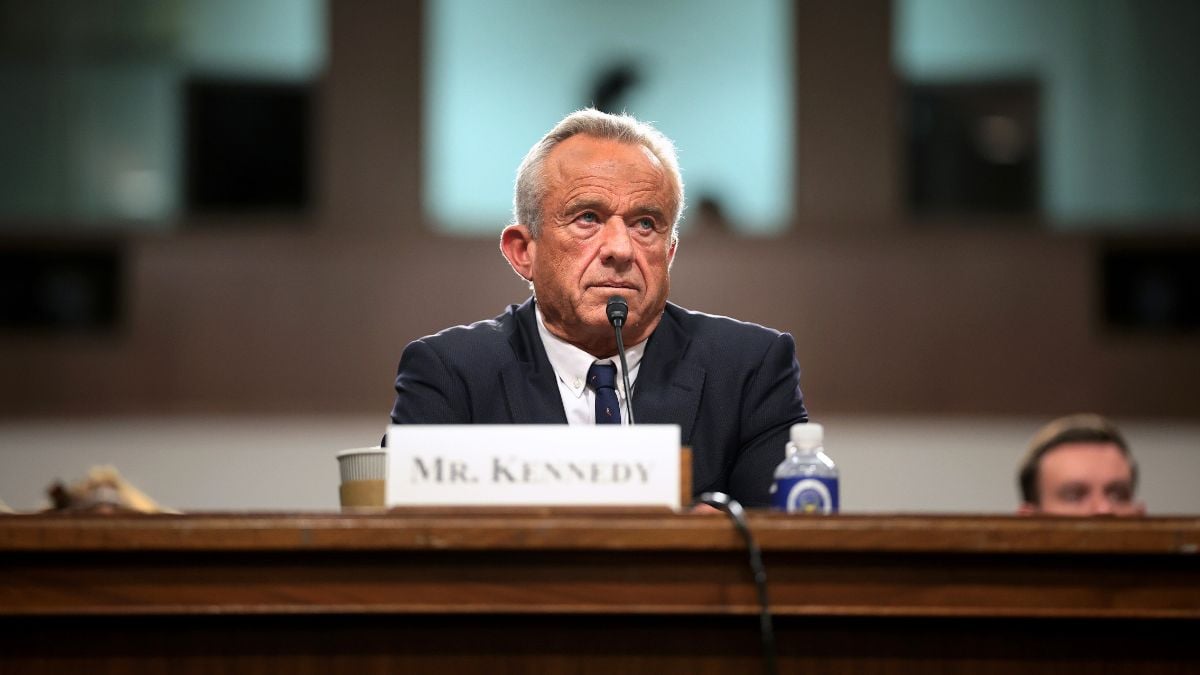

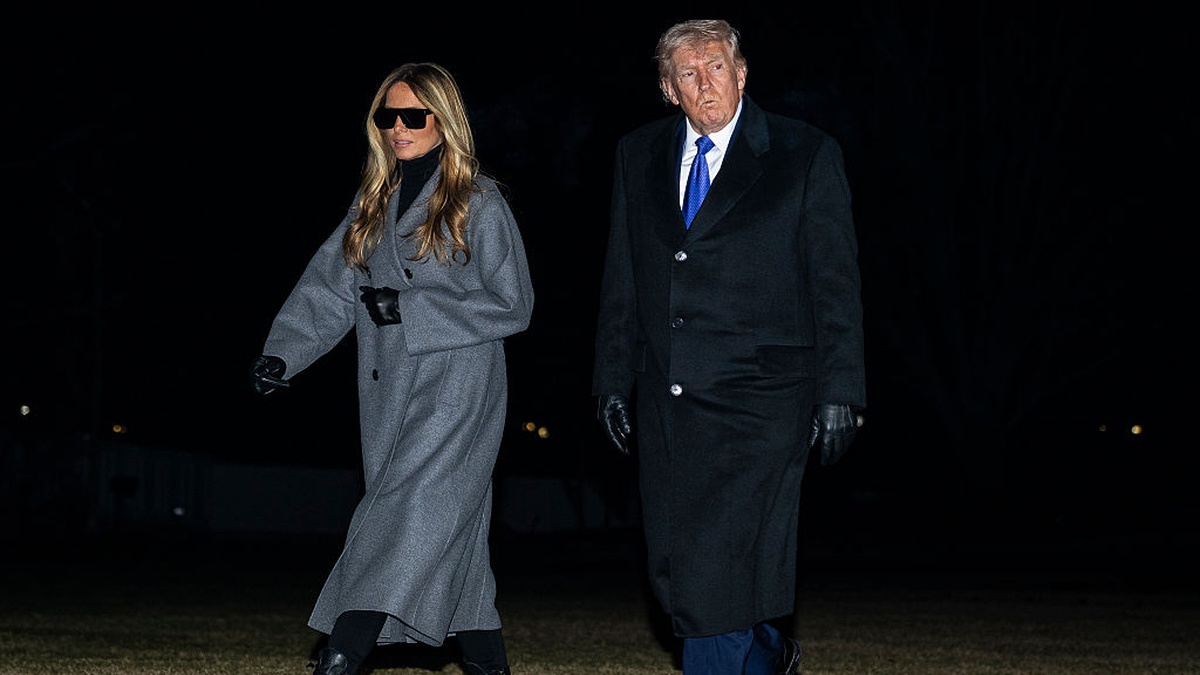
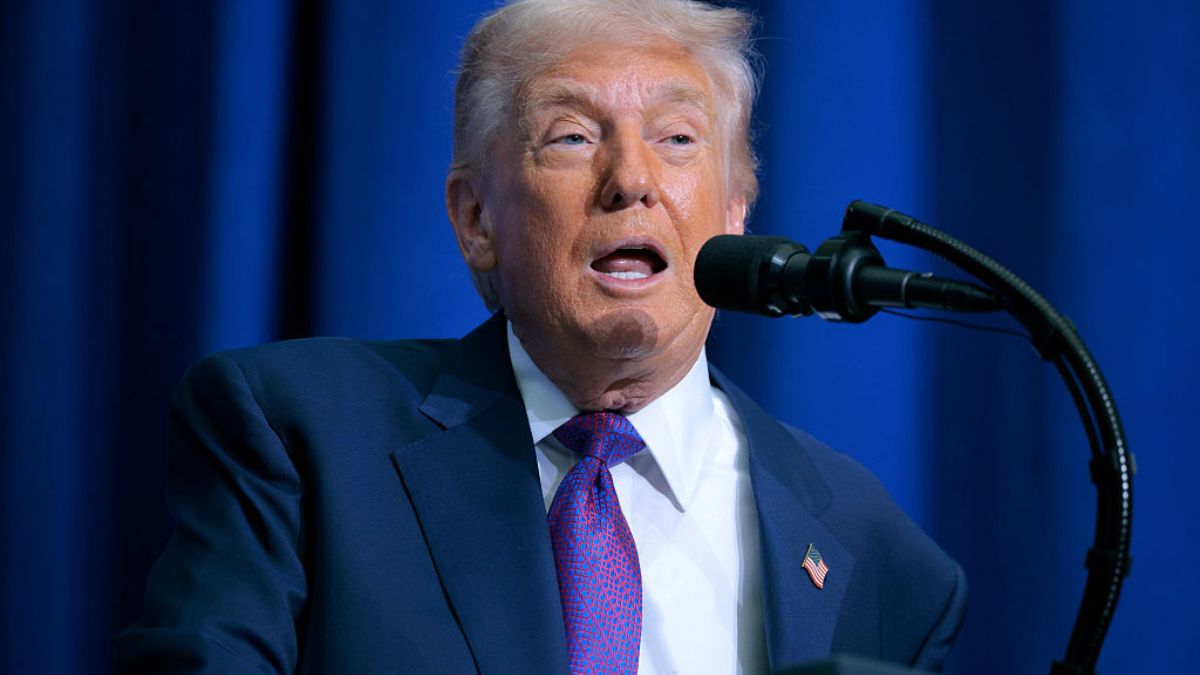
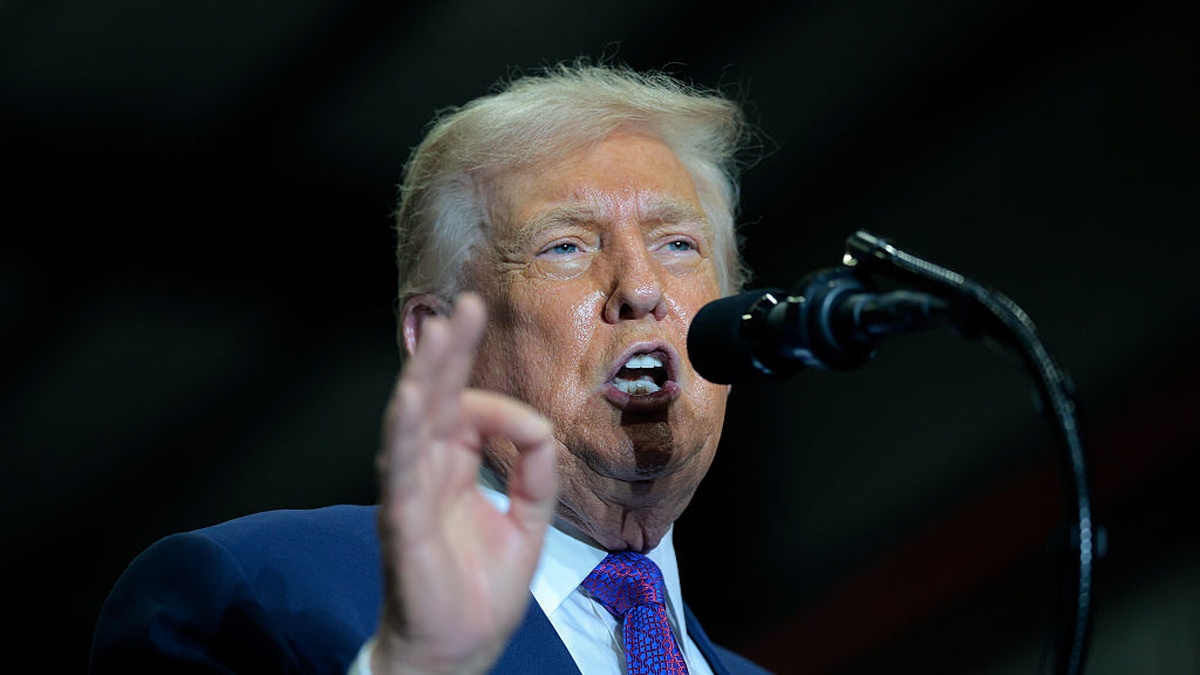

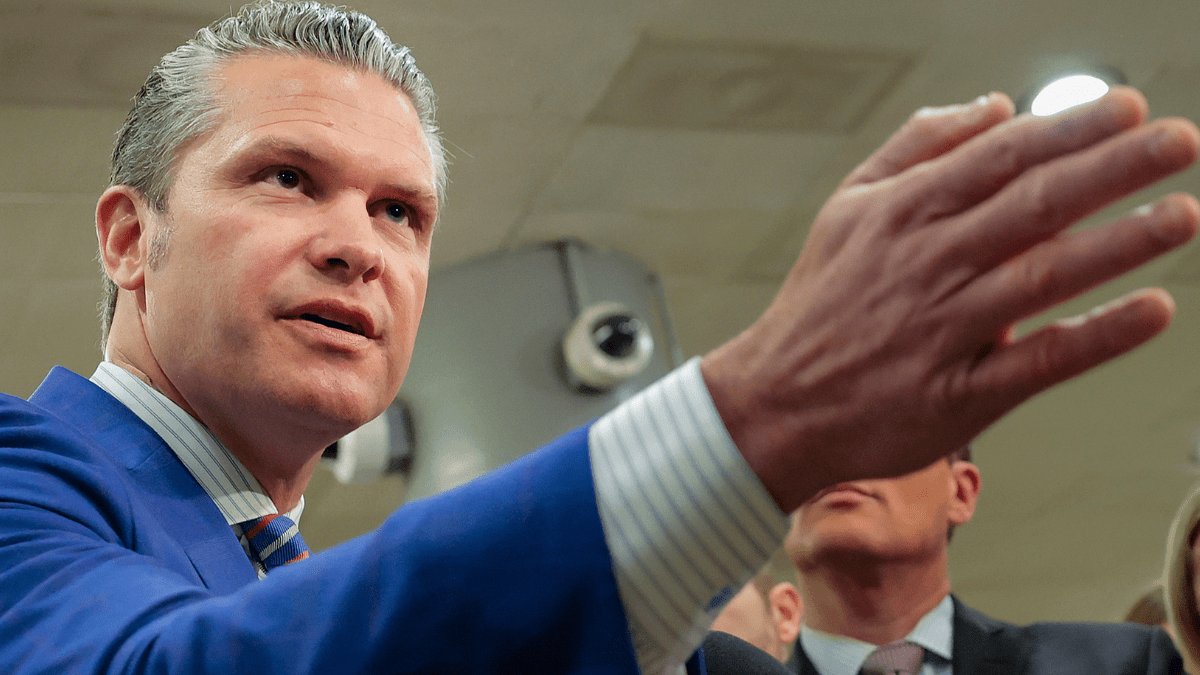




Published: Feb 12, 2025 04:20 pm